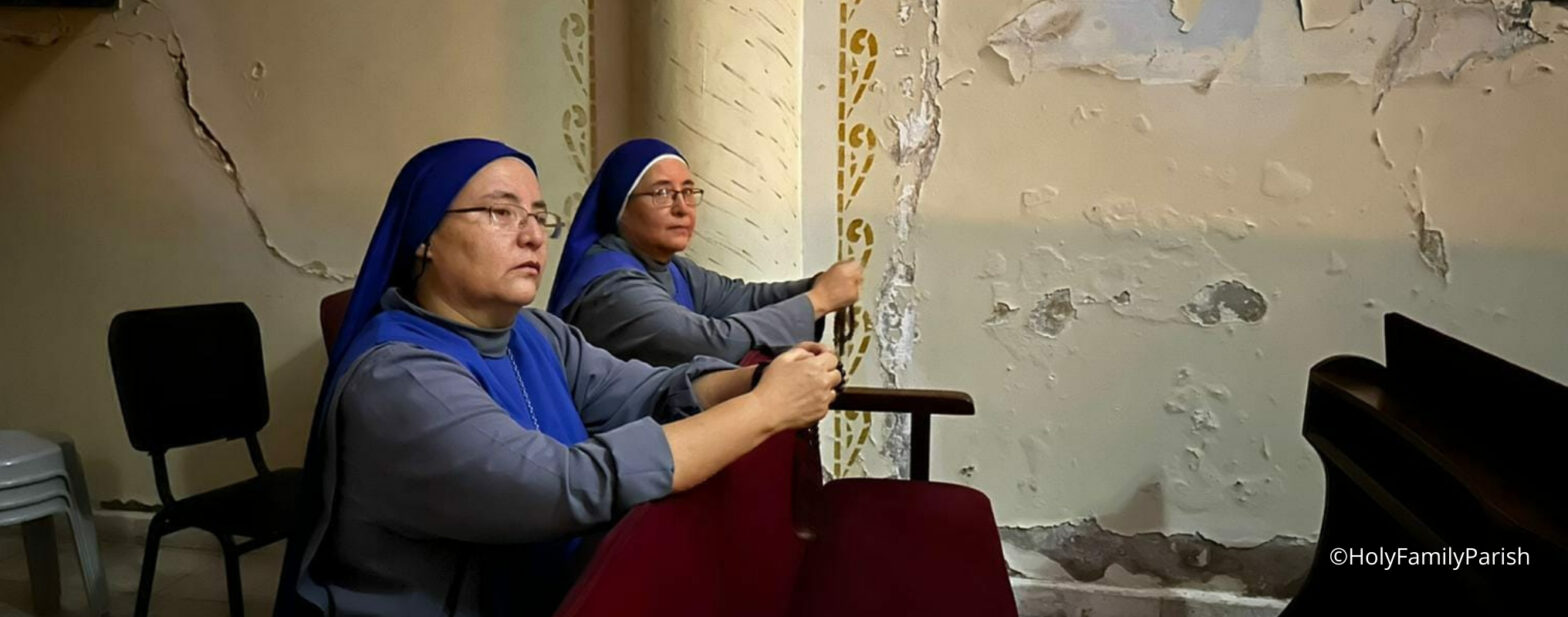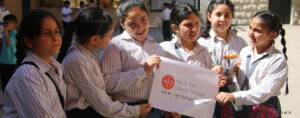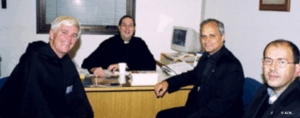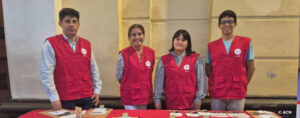“We should do all we possibly can to save what can be saved…”
Only a few weeks ago, on September 30, the Latin patriarch of Jerusalem, Pierbattista Pizzaballa, was named a cardinal at the consistory in Rome. His flock in Jordan, Israel, Palestine, and Cyprus, including the Vicariate for the Migrants and Asylum Seekers and the Saint James Vicariate for Hebrew-speaking Catholics, rejoiced at the news. In hindsight, the symbolism of the red hat he received on that occasion, which signifies the blood of the martyrs and his willingness to suffer for the Church, could not have been more fitting.
Exactly one week later, on October 7, Hamas carried out the brutal attack against Southern Israel which led to a counterstrike, leaving more than 5,000 people dead—3,600 Palestinians and 1,400 Israelis—and 10,000 wounded. Over 150 Israelis remain in Gaza as hostages.
The Christian community in Israel and Palestine, like the rest of the population, has been living in a state of anguish, uncertainty, and fear ever since.
Gaza: “We will stay with them.”
In Gaza, around 150 Catholics and 350 Orthodox Christians have taken refuge in the Catholic Parish of the Holy Family, along with a priest and religious from three congregations. This is around half of the total Christian population of Gaza, including Catholics, Orthodox, and protestants.
Despite Israel’s recommendation to evacuate northern Gaza, Aid to the Church in Need (ACN)’s local project partner Sister Nabila, of the Rosary Sisters School, told the charity that she is not going anywhere. “We need medicine. Many hospitals have been destroyed. Our school has also been damaged, but we’re not leaving. People have nothing, not even the basic essentials. Where would we go? To die in the street? There are old people here. The Missionaries of Charity are with us as well, with a group of disabled and elderly. Where can they go? We will stay with them. Pray for us, for this madness to end,” she says.
Sister Nabila has not slept in three days and admits that news of the death of around 500 people in the courtyard of the Anglican hospital on Tuesday evening caused her deep suffering. The sisters’ school is in a neighborhood that has been totally destroyed by airstrikes.
The threat of Israel launching a ground offensive and invading Gaza is one of the major fears of Christians in the region. Firstly, because of what that would mean for the civilian population of Gaza, and the massive death toll it would cause on both sides, but also because of Hamas’ possible reaction to the offensive. The group claims to still have 5,000 rockets, and even though 85% of them are intercepted by the radars and protection systems, the rest are enough to do terrible damage to the Israeli population, including in Jerusalem.
West Bank: “Many were already poor, but now, they are absolutely desperate.”
The estimated 37,000 Christians who remain in the West Bank are also living through days of uncertainty and fear. Israel is in a state of war. More than 90% of tourists have already left the country and future pilgrimages are being cancelled, including up to January 2024. “This will translate into a terrible economic crisis for many Christian families, since around 70% of Christians work in the tourism sector. Many of these earn a living from selling souvenirs, as bus drivers, receptionists, and so on,” says George Akroush, another ACN project partner, based in Jerusalem.
Another major problem is the closure of checkpoints into Israel. Many Christian families prefer to live in the West Bank, because they have better access to education for their children, which is very important to them, but they commute to Jerusalem to work. Due to the state of emergency, and for security reasons, they have not been allowed to cross the checkpoints or to enter Israel since October 7.
“Those who suffer from chronic illness are in a terrible situation, but even basic necessities such as food, housing, water, and electricity are a difficulty. Many were already poor, but now they are absolutely desperate,” says Akroush.
The West Bank is also home to the Beit Jala Spiritual Formation Center, a project of the Latin Patriarchate of Jerusalem supported by different organizations, including ACN, and officially inaugurated a few weeks ago. It was meant to be a place where seminarians and lay people of the community could work and study together. In the meantime, it has been operating as a branch of the Latin Patriarchate, and many of the staff members who are unable to travel to Jerusalem because of the checkpoint closures have been working remotely from there.







